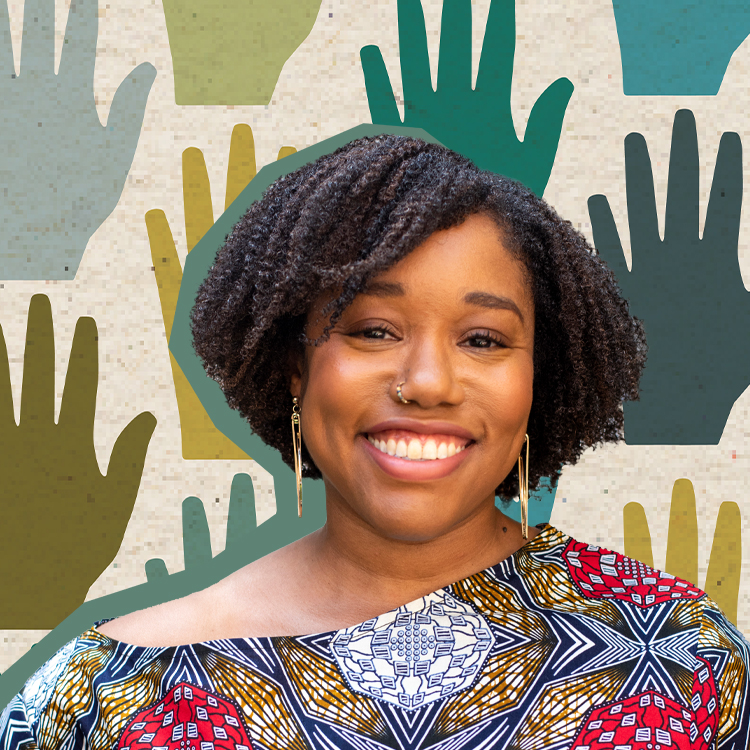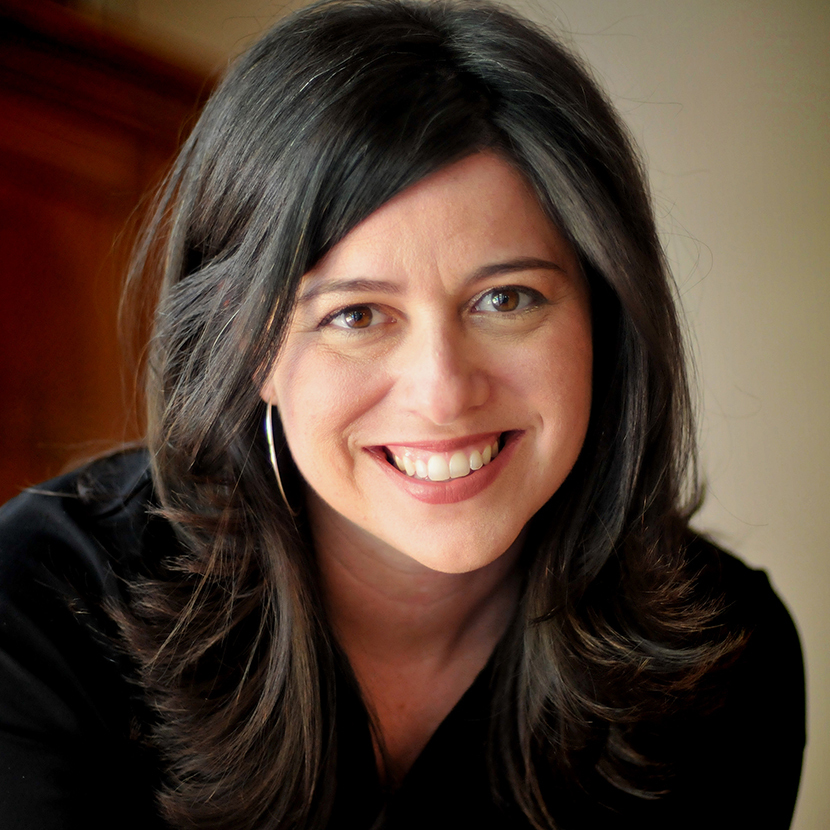Do current events inspire pop culture? Or does pop culture inspire current events? These are the questions that we want asked and discussed by pop culture writers, and luckily, we live in a time where Aisha Harris is doing just that. Co-host of the award-winning NPR podcast Pop Culture Happy Hour and the author of Wannabe: Reckonings with the Pop Culture That Shapes Me, Aisha asks all the right questions and connects dots, events, and people that get us thinking. So we were delighted to ask her a few questions of our own about the trends, ideas, and obsessions on her radar right now — and the insights she shared are as compelling as you’d expect.
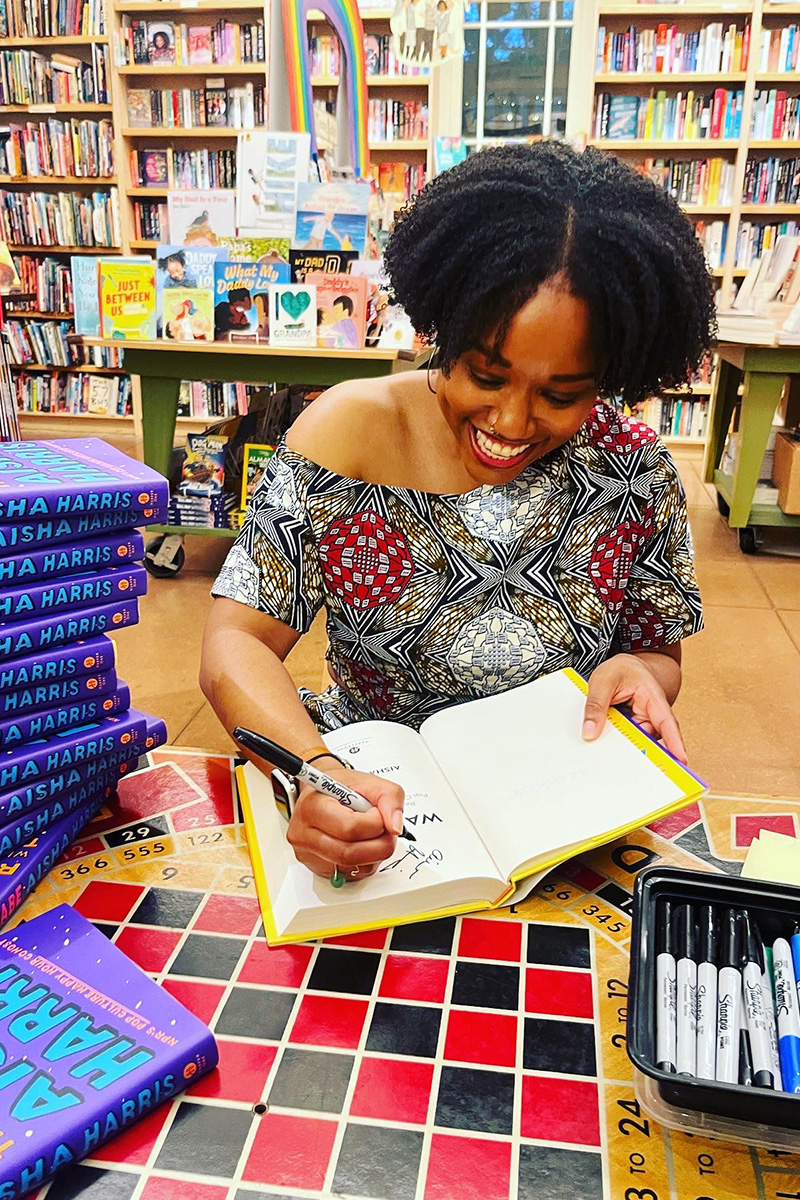
Aisha at a book signing for her book, Wannabe; photography courtesy of Aisha Harris.
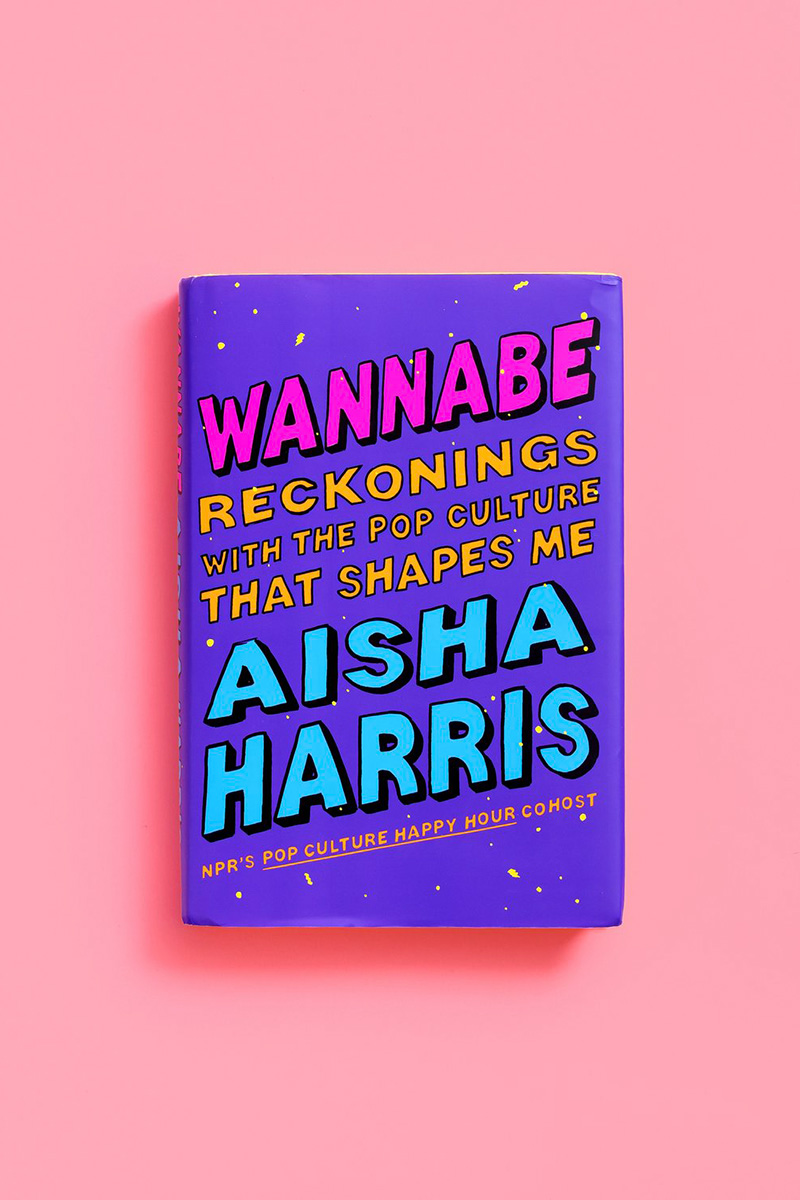
Wannabe: Reckonings with the Pop Culture That Shapes Me is Aisha’s debut book and consists of a collection of original essays; photography courtesy of Aisha Harris.
As a journalist covering pop culture, your work often takes trends and puts them into context. What current trends are you seeing?
On the surface, at least, the last two years have very much been the years of female-driven pop culture. At the movies, of course, there was Greta Gerwig’s Barbie, with its huge, record-breaking run at the box office and its utter chokehold on the cultural zeitgeist. (Seemingly every business catering to women and femmes got in on the hot pink craze!) But there were also raunchy comedies like No Hard Feelings, Joyride, and Bottoms, which were all created by and starred women to critical acclaim.
In the music realm, Beyoncé and Taylor Swift conquered stadiums around the world and brought the ladies and queer audiences out in droves. (Chappell Roan, SZA, Olivia Rodrigo, and Doja Cat stayed in heavy rotation as well.) I don’t want to read too much into it, but it does strike me as interesting that all of this undeniably women-centric pop culture is coming in the years after Roe v. Wade was overturned; in a way, it’s nice to think that audiences have responded so enthusiastically to these artists and stories celebrating all the good (and bad) that comes with existing as a woman in this world.
People want to connect with authors, and that’s why I knew Wannabe had to be vulnerable when talking about how pop culture has affected my self-esteem or how my parents’ divorce impacted my view of parenthood. By going to such deep spaces, I had to remind myself that someone, somewhere will be able to relate to something I’ve written and/or experienced. It makes me feel less alone.
You write in your latest book “most of our lives bear the imprints of the pop culture we consume.” How do you infuse your own identity into writing about what shapes you?
I don’t believe objectivity truly exists, or is even something to aspire to — sure, you can be conscious of biases and feel less strongly about some things than others, but it’s impossible to completely separate your self from whatever you create. And so in my own work, I bring pieces of my self as needed: my educational background in theater and film studies, my love or disinterest for certain genres/filmmakers/musicians/artists, my political views, my upbringing. I allow them to inform how I receive whatever pop culture I’m taking in, but I don’t necessarily let that be the end-all and be-all of my response. I try to always stay open to being surprised, changed, or moved by art, even when I go in with a certain set of expectations.
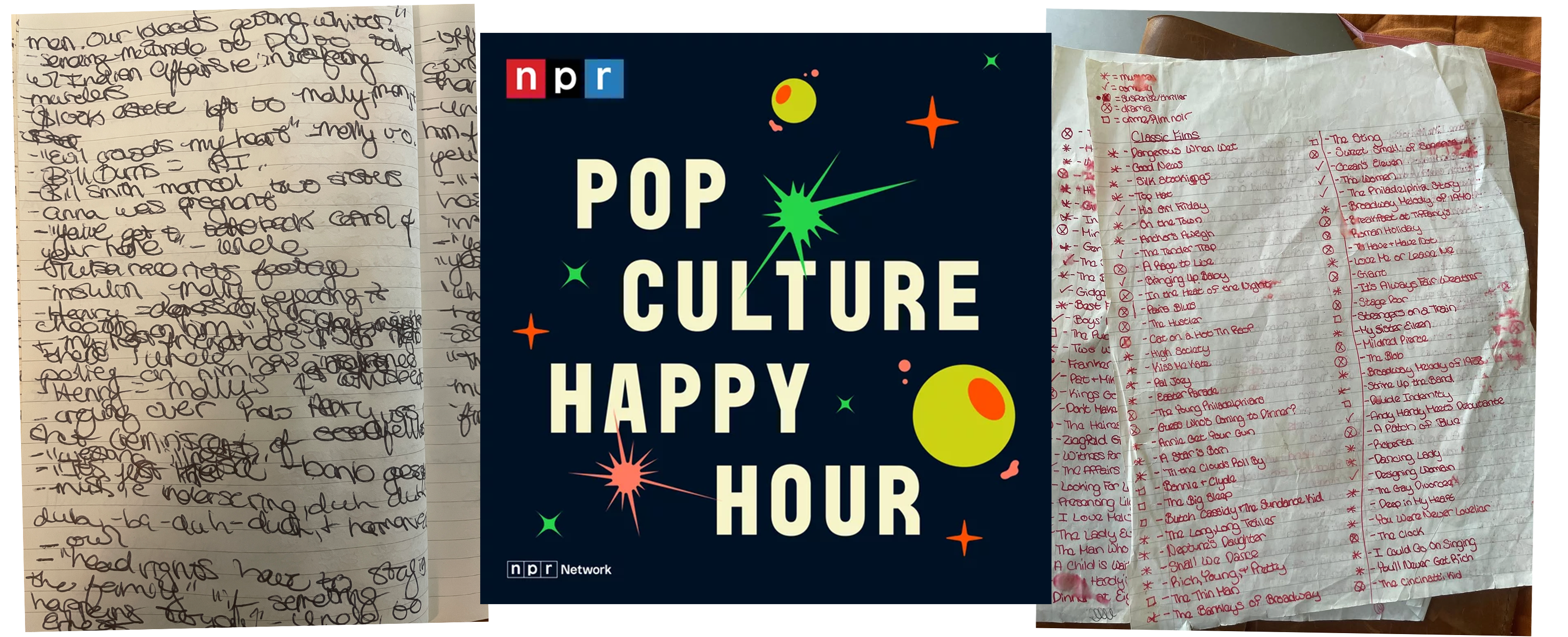
What is something happening in pop culture right now that you are excited about?
Screen musicals are having a moment (kind of)! They’ve never really gone away, but the past few years have been more fruitful than others in recent memory, including the very fun second season of Schmigadoon!, the totally bonkers Dicks: The Musical, the adaptation of Broadway’s The Color Purple, and of course, Wicked. Musicals are one of my earliest loves; I was around 5 years old when my parents took me to see a touring production of The Wiz, and my Spotify listening habits today frequently revolve around Judy Garland, Sondheim, and Alan Menken.
How do you manage the vulnerability that comes with putting your thoughts and emotions out into the public sphere?
Early in my career, I recognized that the pieces I wrote that tended to resonate the most with readers were the personal ones, the ones that revealed a side of myself that might not necessarily come across in a straightforward review or critique. People want to connect with authors, and that’s why I knew Wannabe had to be vulnerable when talking about how pop culture has affected my self-esteem or how my parents’ divorce impacted my view of parenthood. By going to such deep spaces, I had to remind myself that someone, somewhere will be able to relate to something I’ve written and/or experienced. It makes me feel less alone. I also generally avoid reading comments sections or searching for tweets, etc. about my work, because there’s really no point in fretting over the (occasional) vitriol from strangers I will never meet.
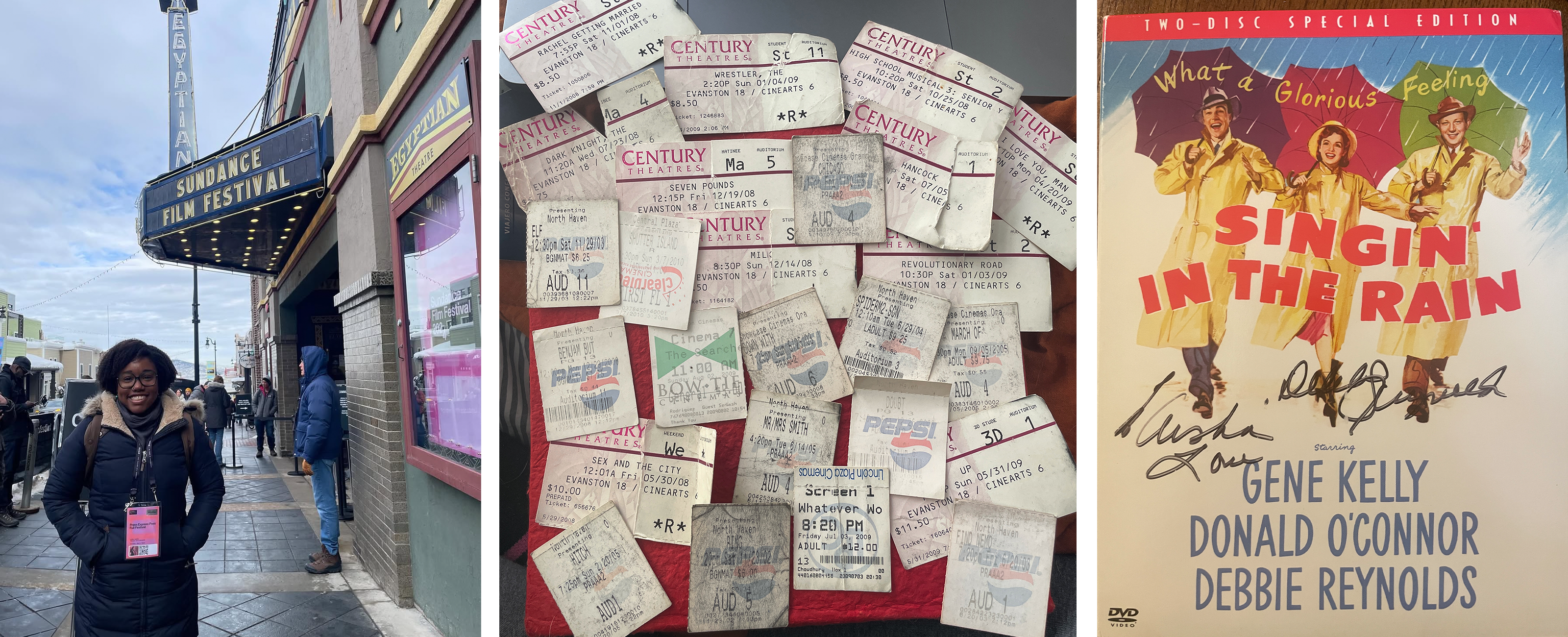
Social sharing has transformed the way we consume and engage with the media. What challenges or opportunities do you see in our rapidly evolving media landscape?
The great thing about social sharing is that it’s easier than ever to find recommendations that fit whatever itch you’re trying to scratch in the moment — roundups, lists, podcasts, etc. But it can also be truly overwhelming; by this point, most of us are probably familiar with the conundrum of too much choice, or, perhaps, too much flotsam and not enough quality art that’s readily accessible. (I’m looking at you, Hollywood CEOs, who are erasing entire cinematic and television histories from their streaming platforms.) The challenge, for those who have the time and effort to expend, is to try to hold onto the things we value as best you can, be it by buying physical media, or other means that are perhaps less on the up-and-up. (I’m not encouraging anyone to go and do anything illegal when it comes to archiving, but . . . you know, there are ways, of course.)
I try to always stay open to being surprised, changed, or moved by art, even when I go in with a certain set of expectations.
